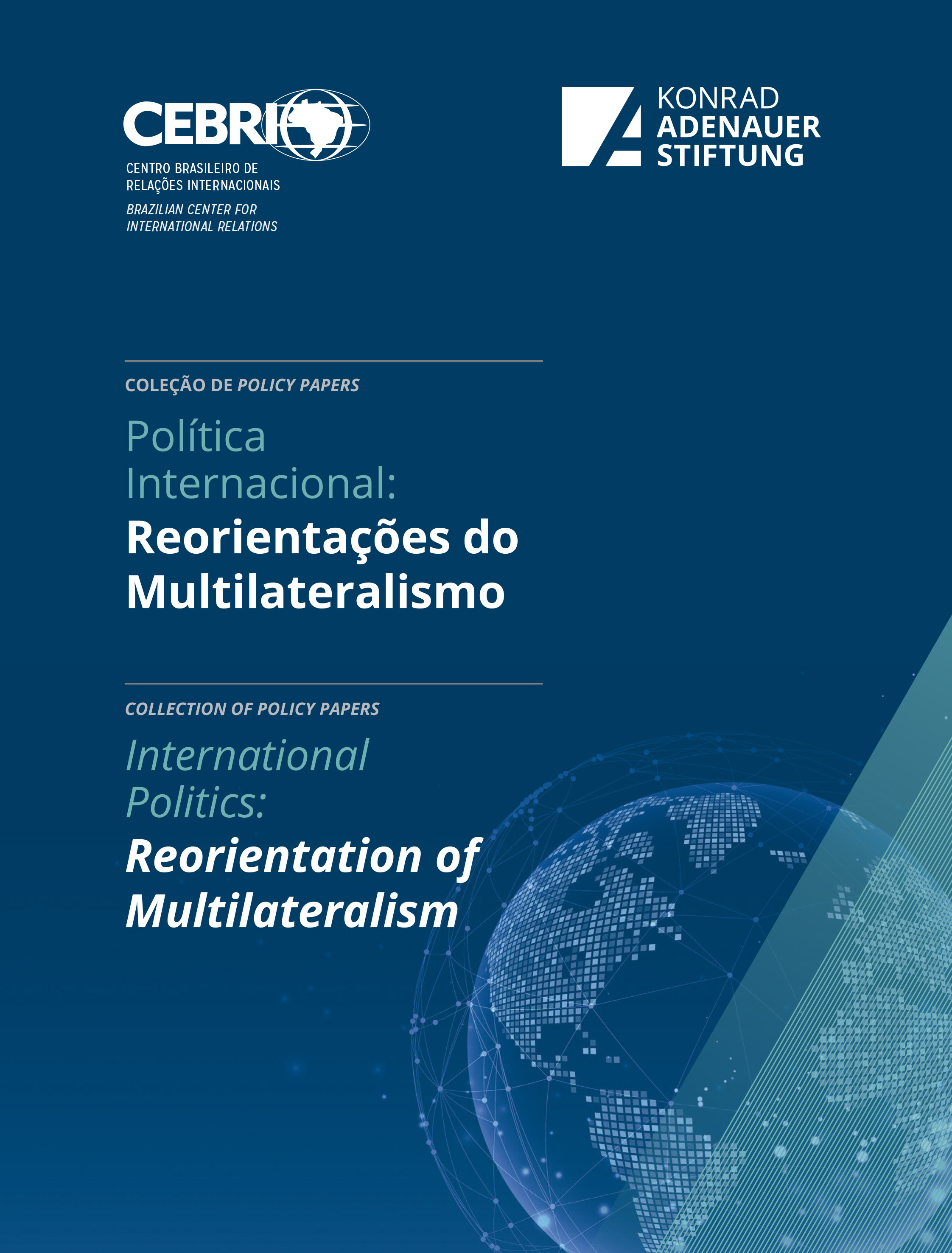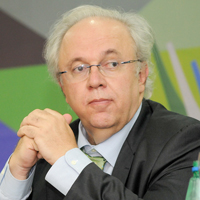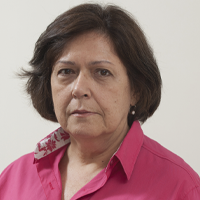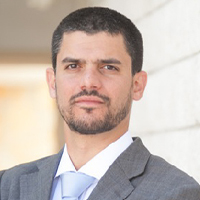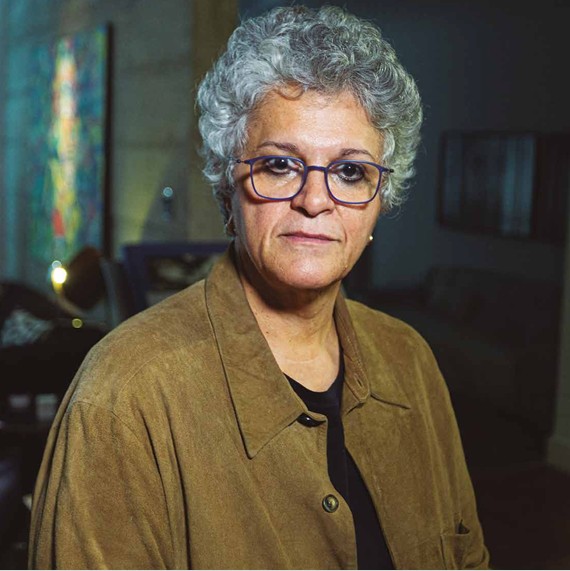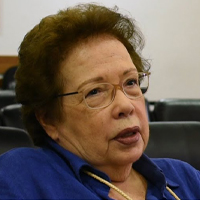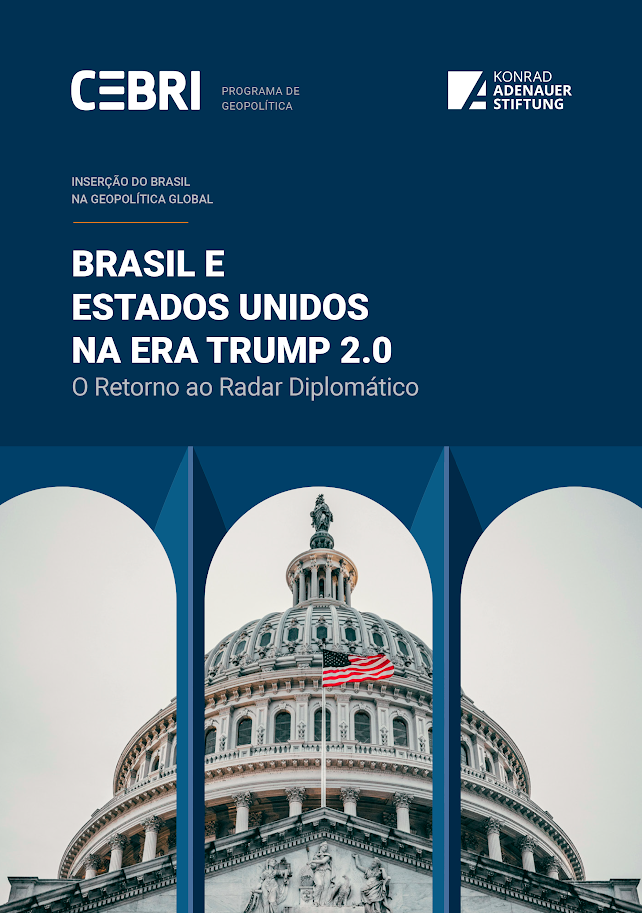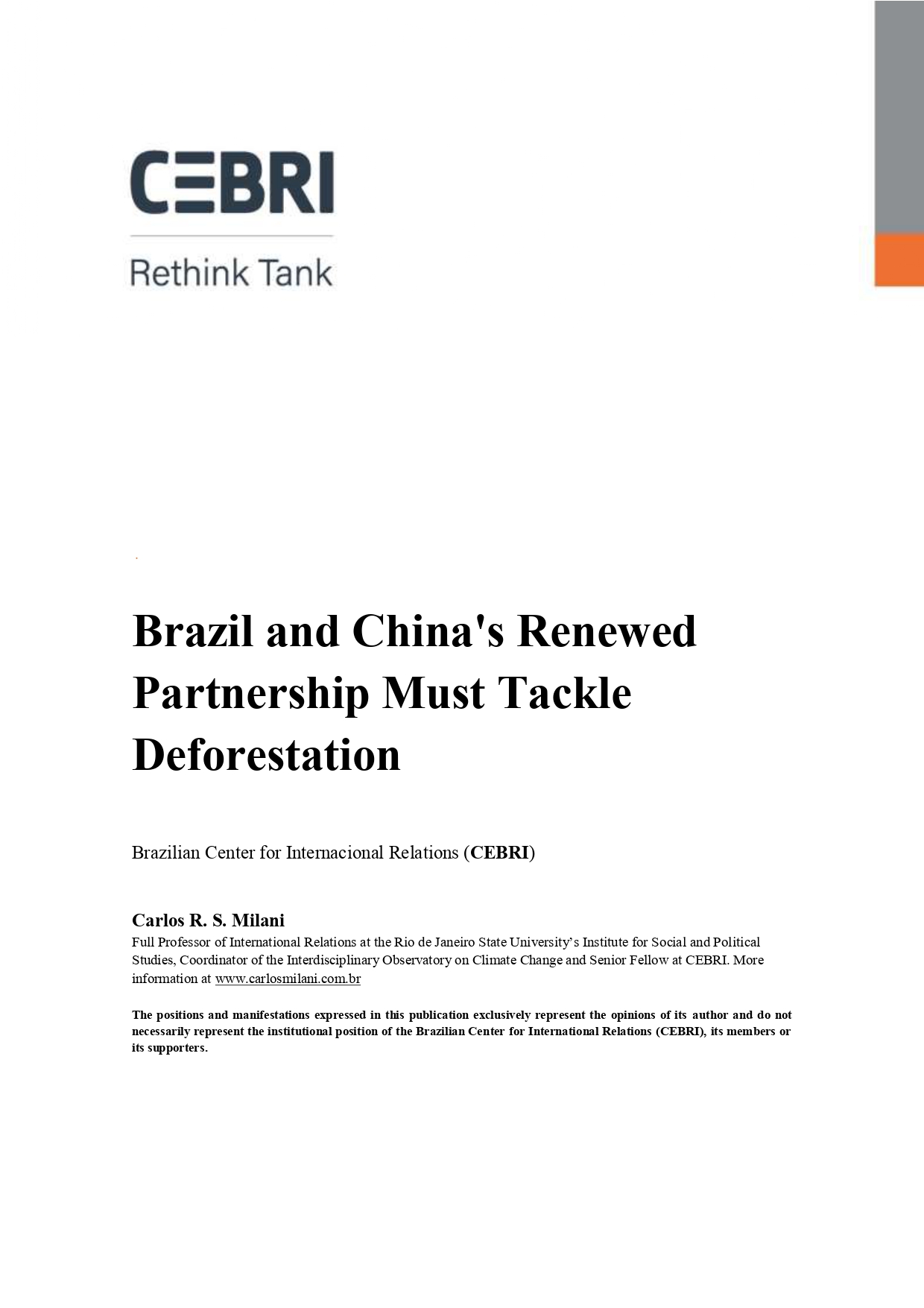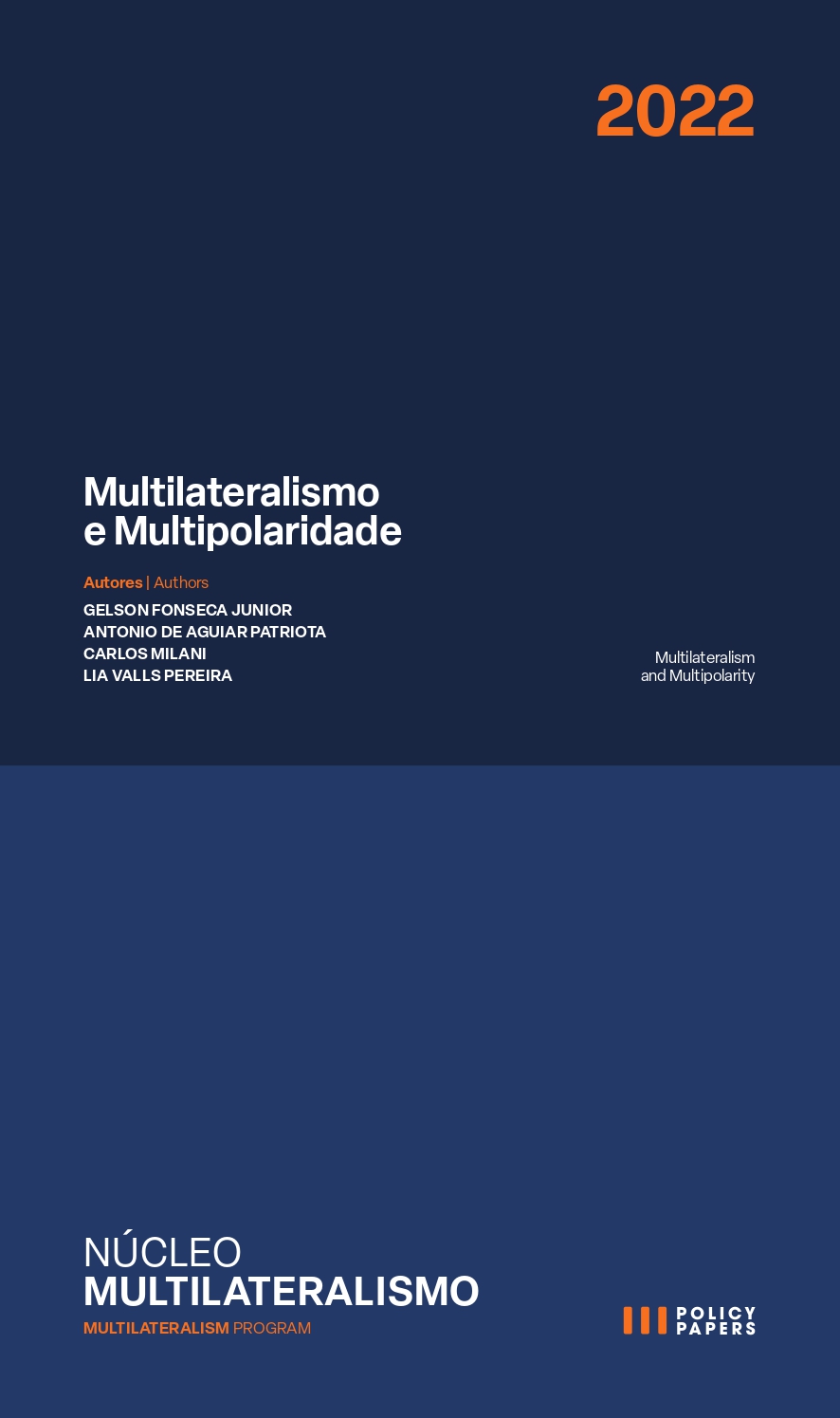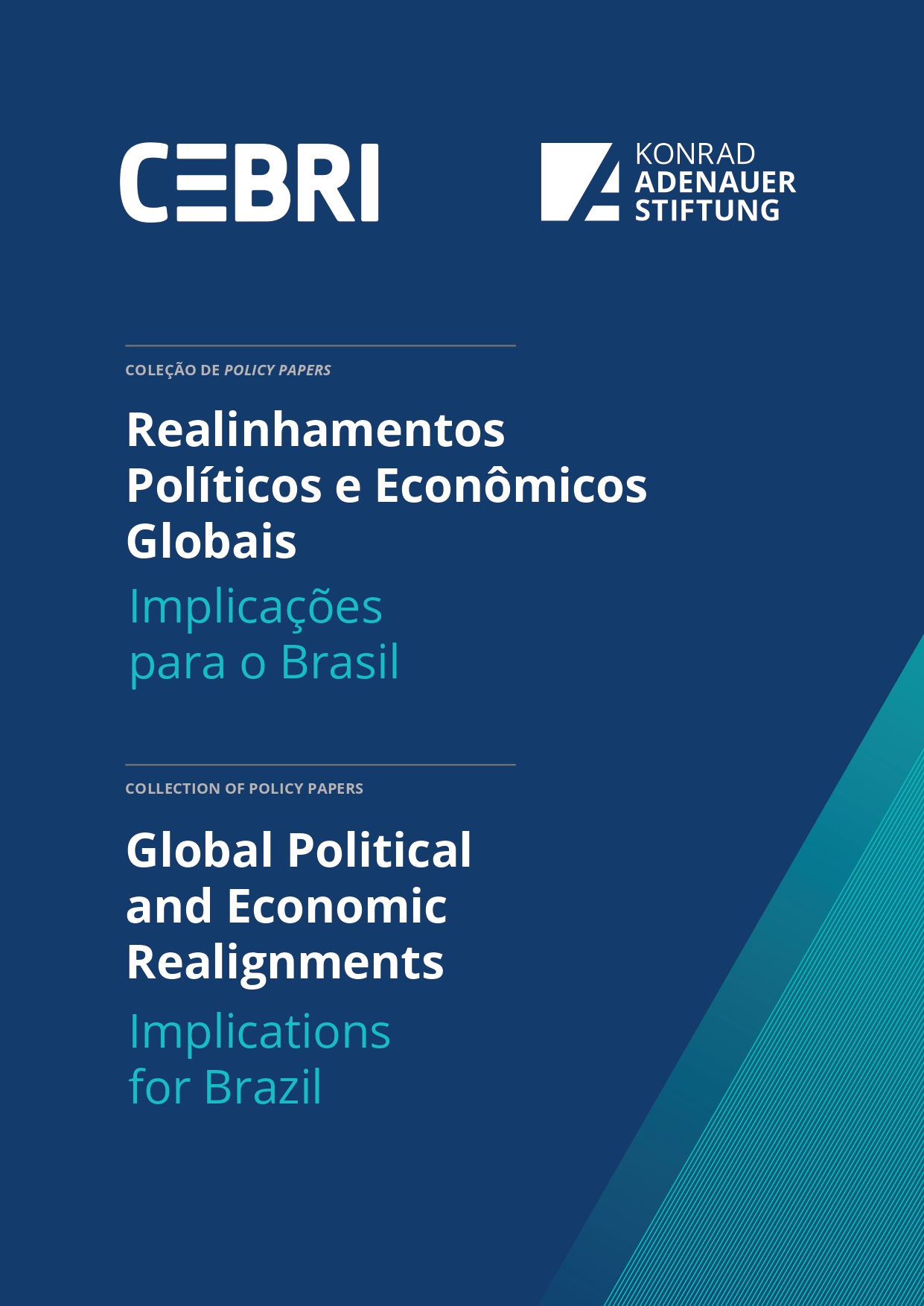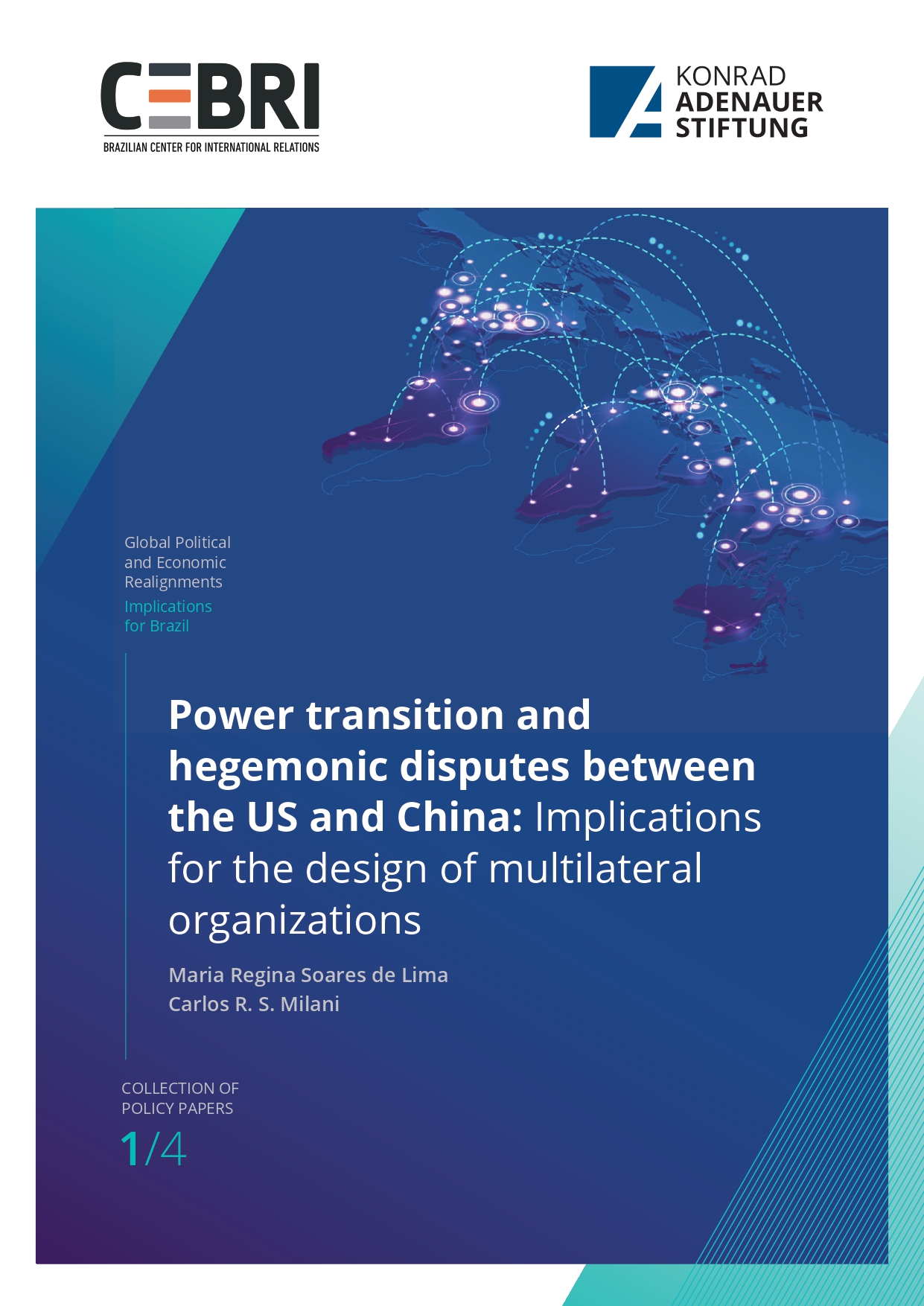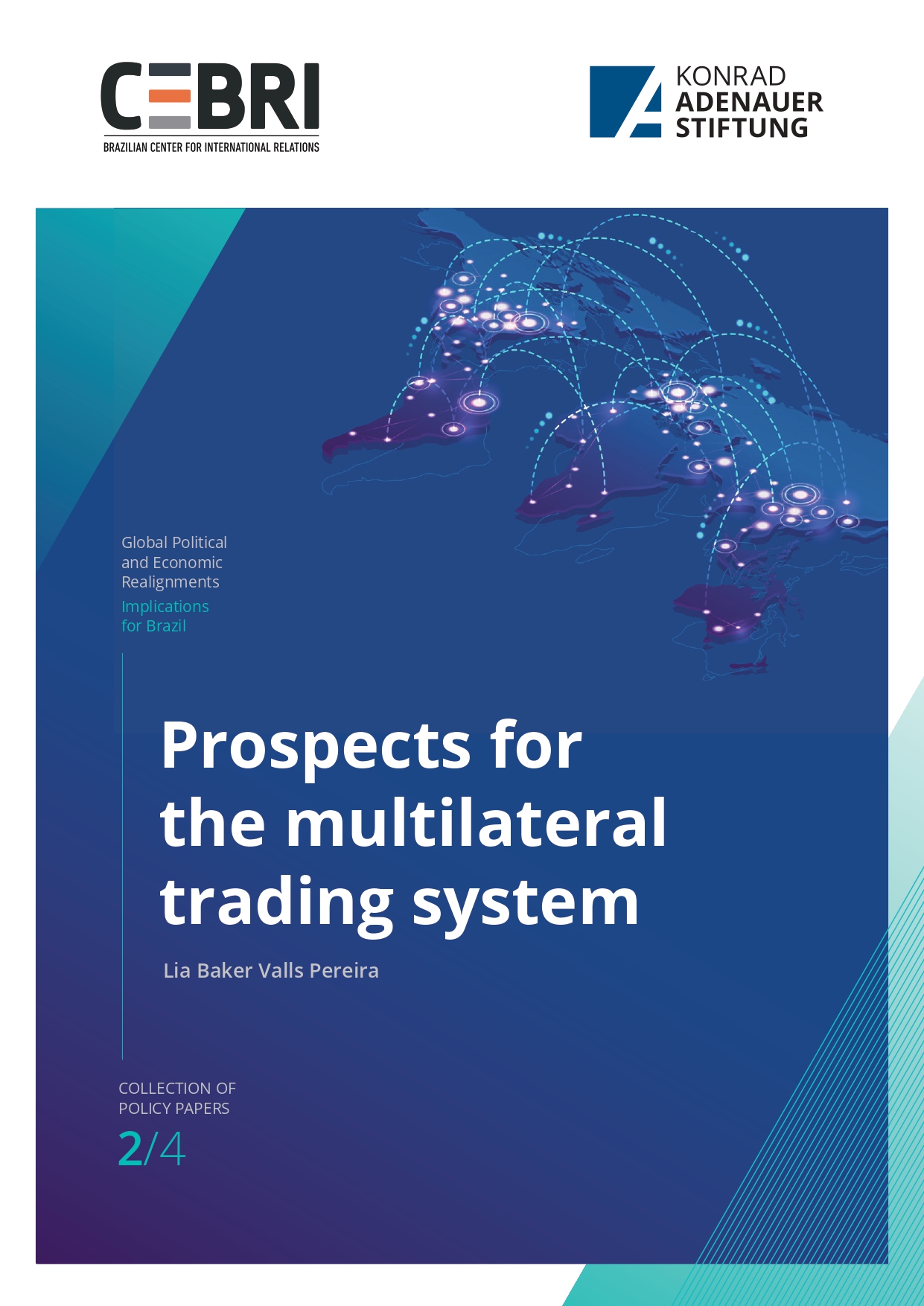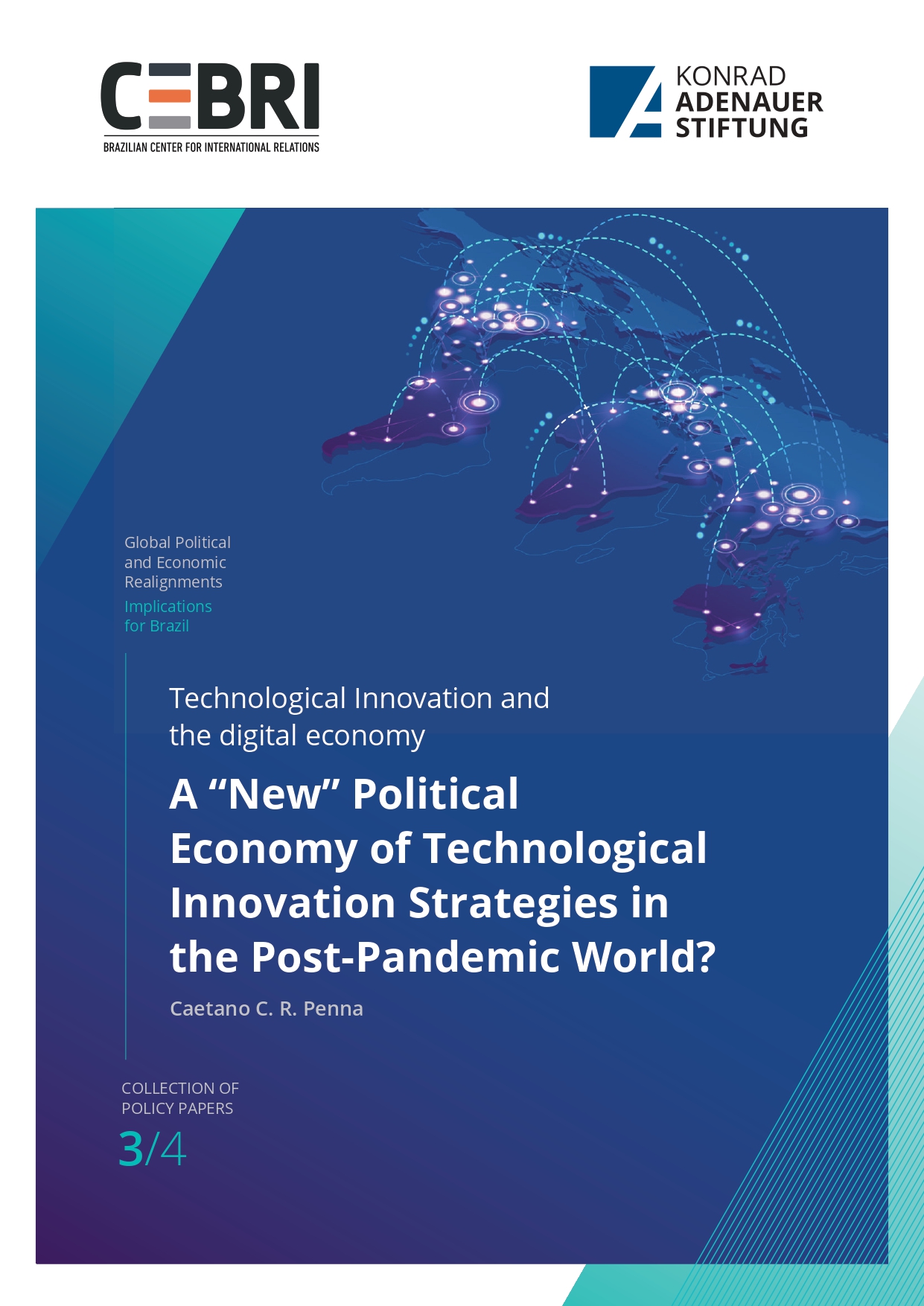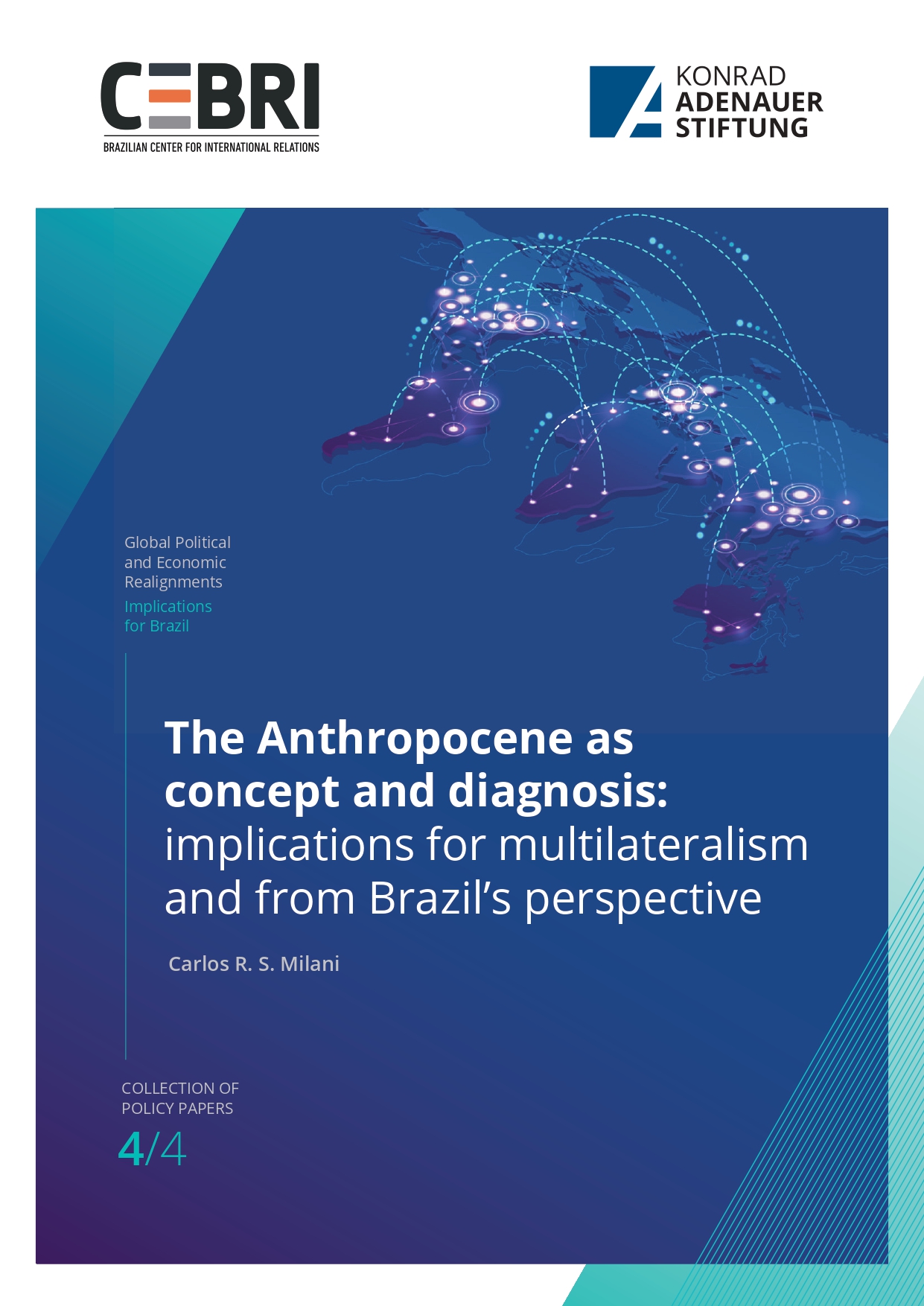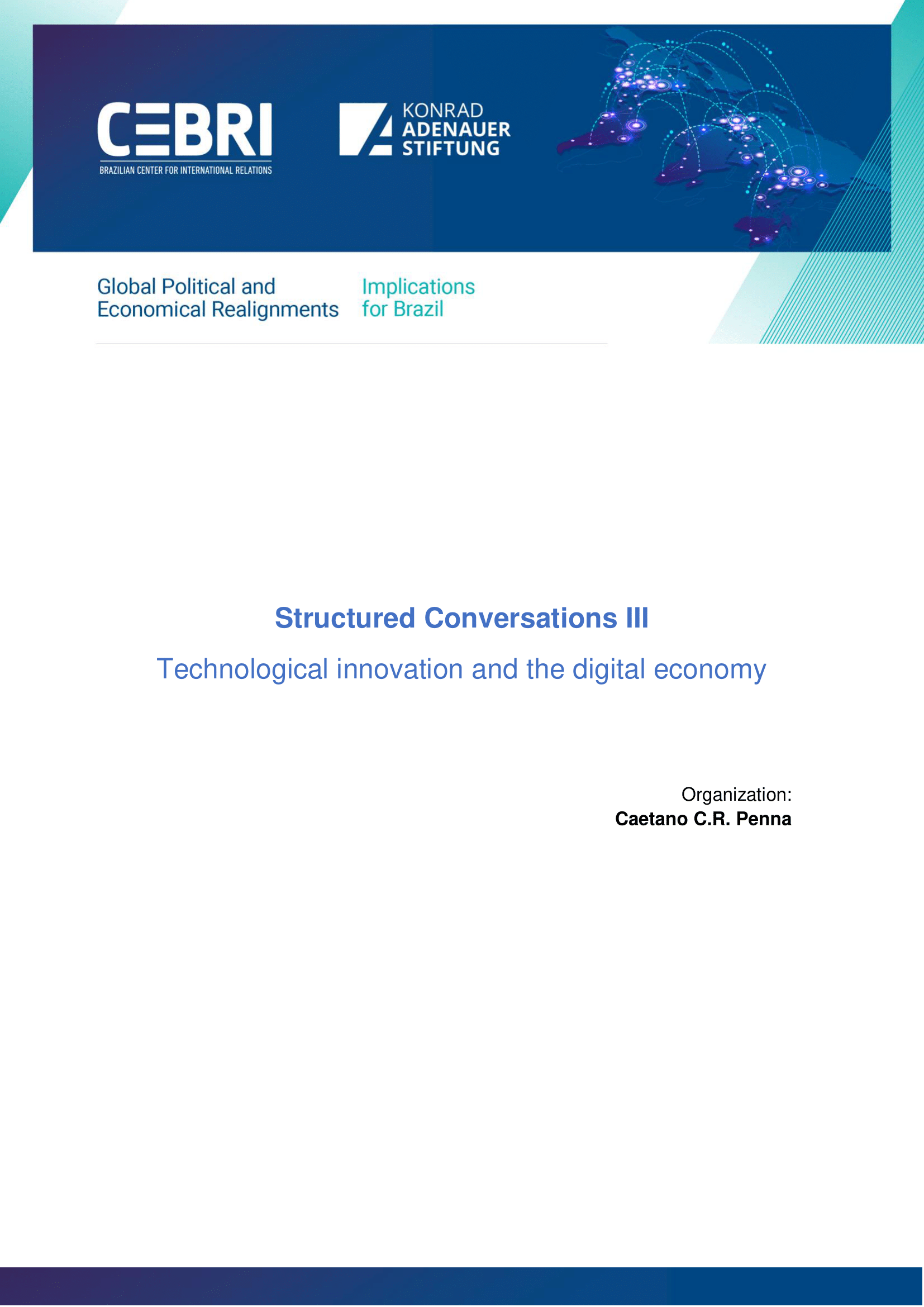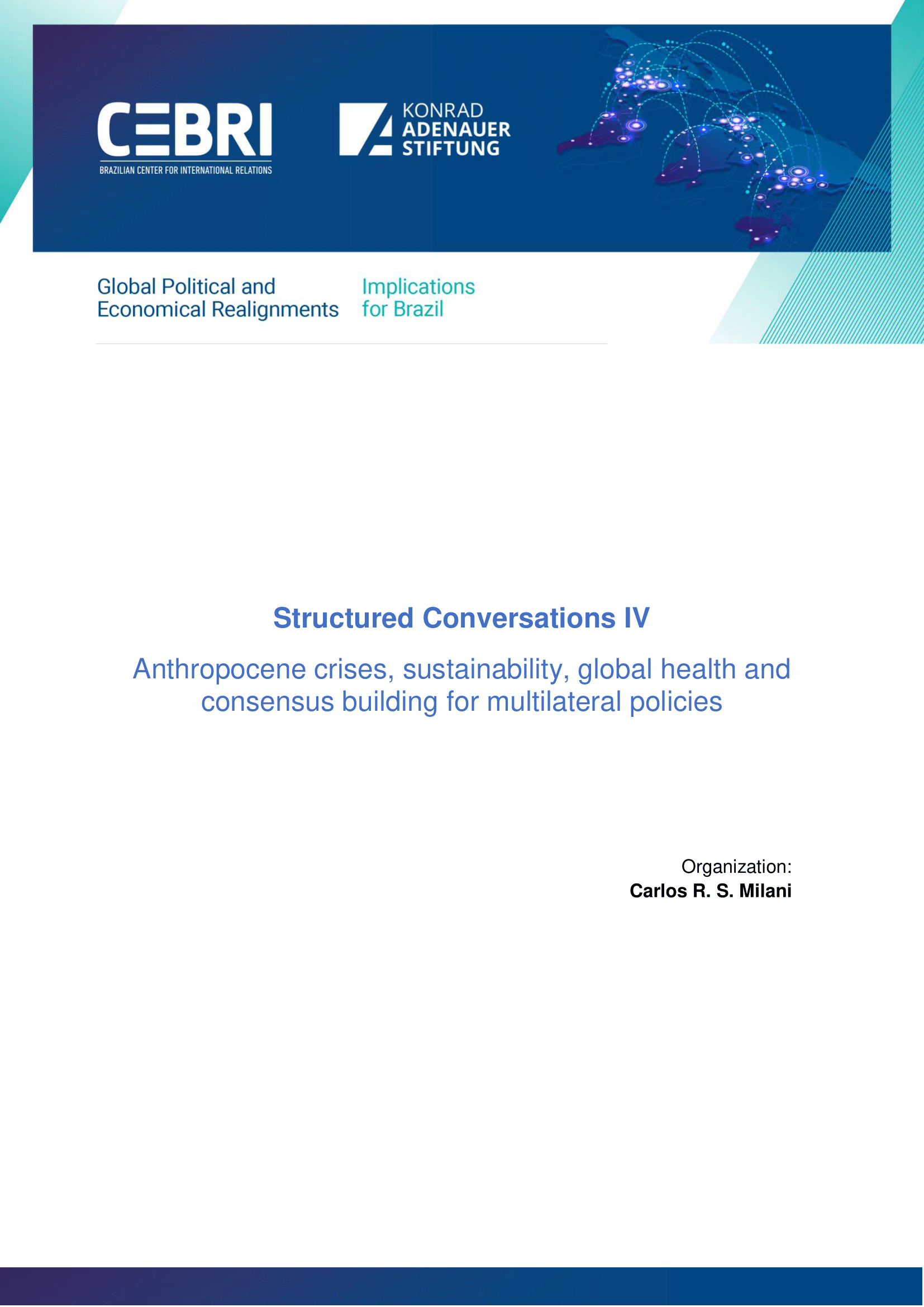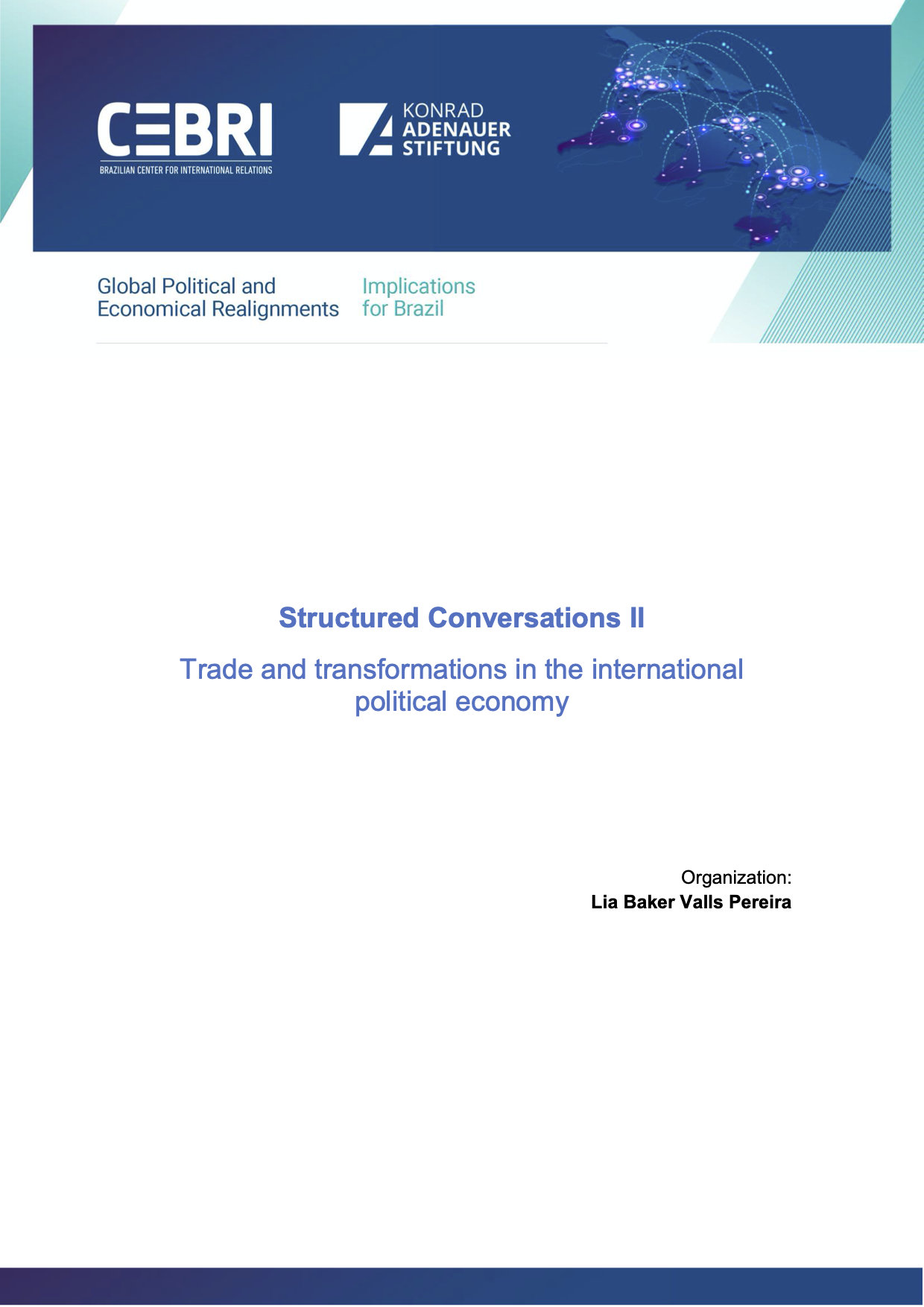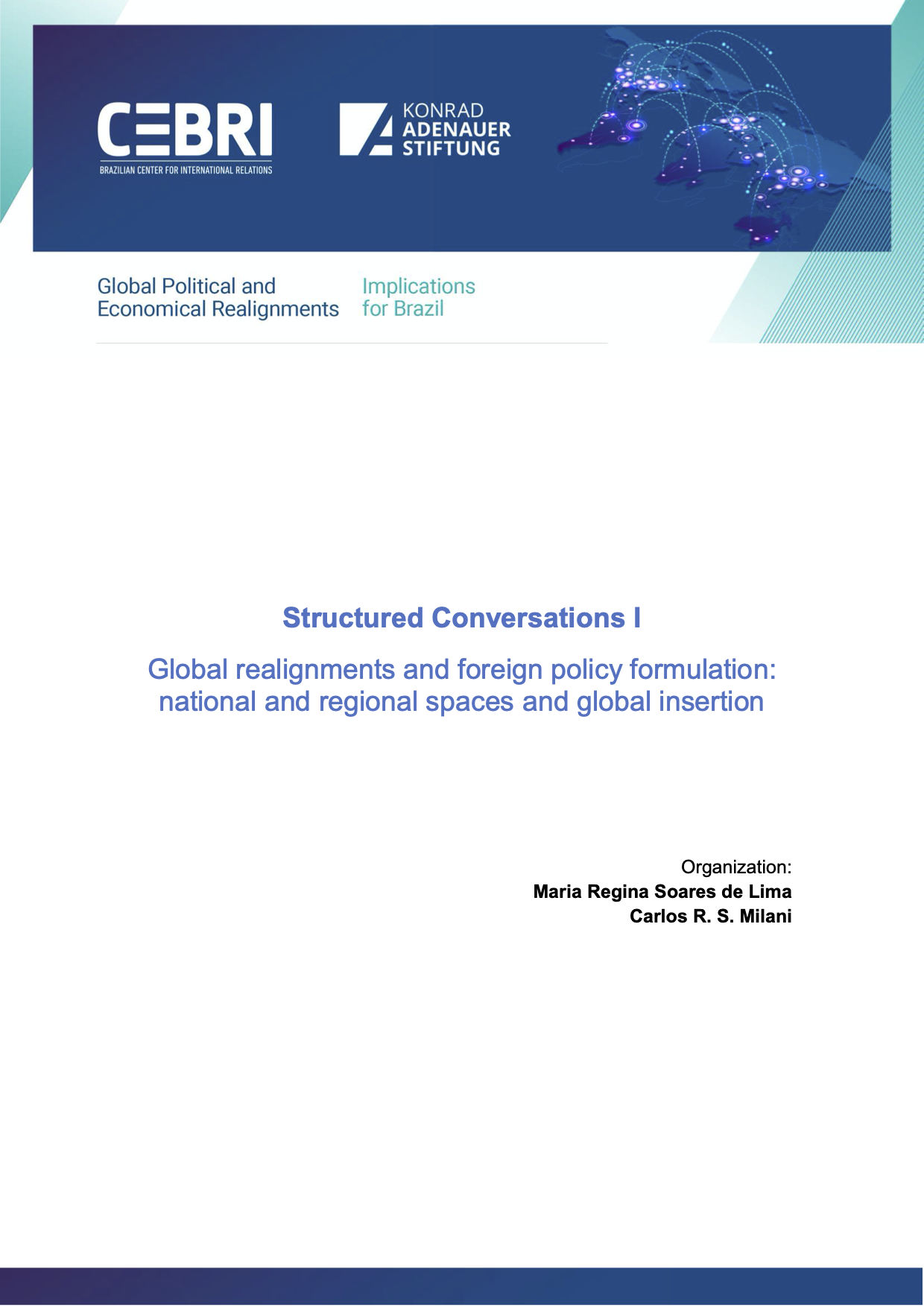The project "Brazilian Foreign Policy and Global Order in Transition: Reorientation of Multilateralism", developed in 2020 by the Brazilian Center for International Relations (CEBRI), with the support of the Konrad Adenauer Foundation (KAS), analyzes how the deterioration of the multilateral scenario and changes in globalization conditions are altering the regulatory and political environment for insertion into the global economy. The main objective is to map trends and issues that should guide the strategic thinking of emerging economies, especially Brazil, in redirecting their multilateral policy. The project identified four areas in which international coordination is indispensable for regulating economic and political relations: trade, digital economy, environment, and conflict resolution.
The project "Brazilian Foreign Policy and Global Order in Transition: Reorientation of Multilateralism", developed in 2020 by the Brazilian Center for International Relations (CEBRI), with the support of the Konrad Adenauer Foundation (KAS), analyzes how the deterioration of the multilateral scenario and changes in globalization conditions are altering the regulatory and political environment for insertion into the global economy. The main objective is to map trends and issues that should guide the strategic thinking of emerging economies, especially Brazil, in redirecting their multilateral policy. The project identified four areas in which international coordination is indispensable for regulating economic and political relations: trade, digital economy, environment, and conflict resolution.
